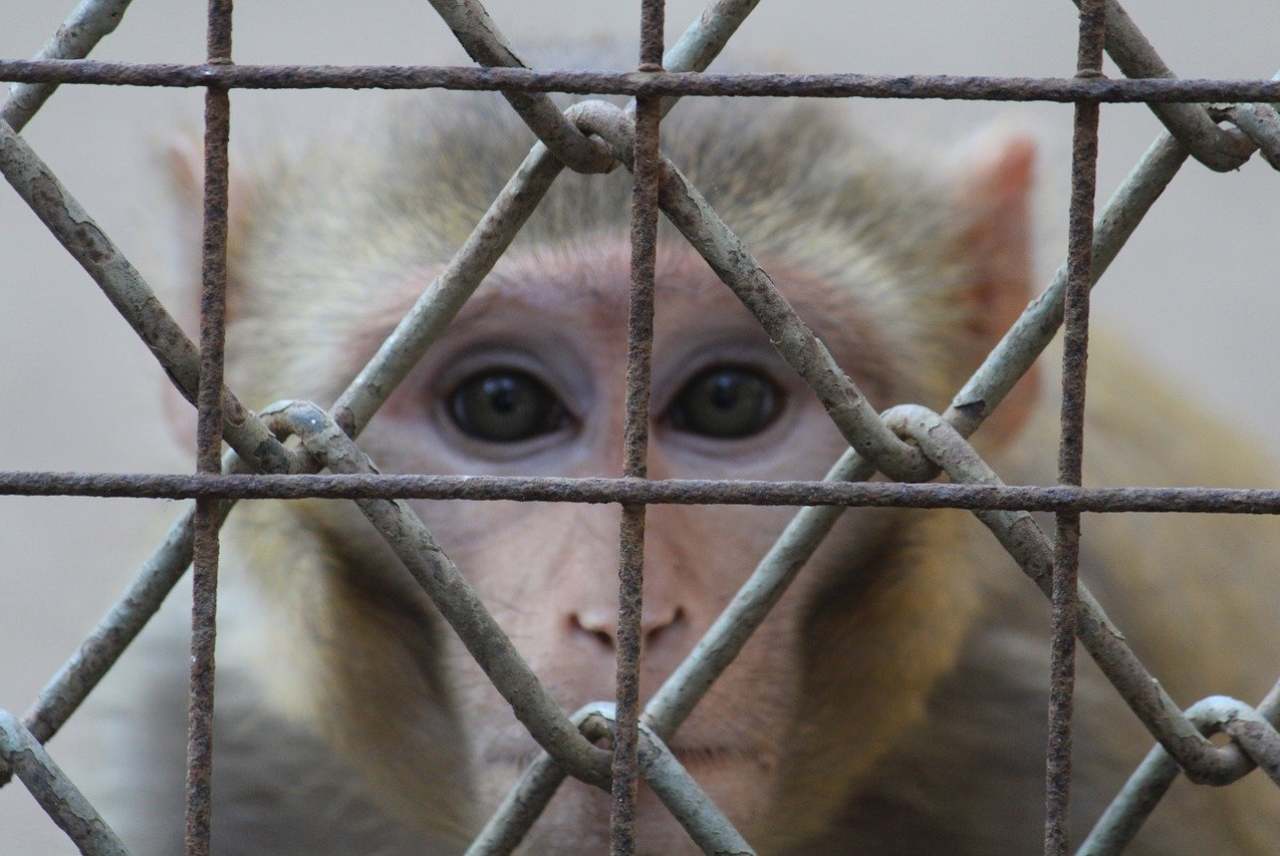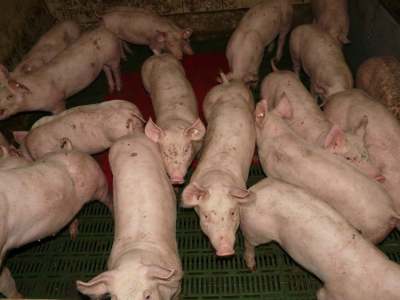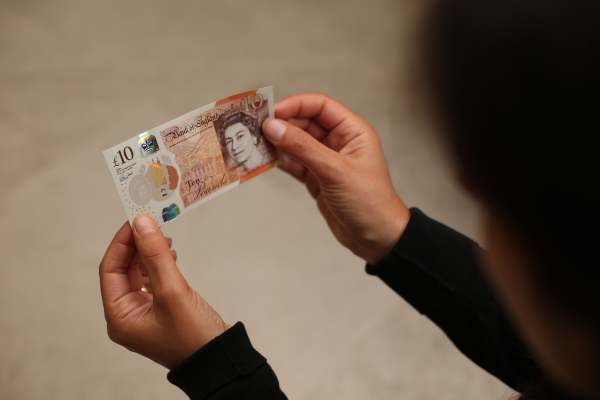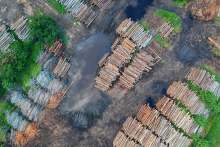How are banks funding animal exploitation?
Banks are behind almost every industry in the world, through their loans, insurance and other kinds of financing. They fund companies involved in the exploitation and abuse of animals, such as industrial meat companies, factory farming, or pharmaceutical companies involved in animal testing.
Animal protection organisation Sinergia Animal says,
“If your bank doesn’t have a strong policy against shady practices such as animal testing and mutilations of animals in factory farms, they might actually be financing these activities!”
By providing funding to these companies, they are not only financing animal exploitation now, they are financing it well into the future.
For example, if a bank funds a company building new mega dairies, they help build the infrastructure for the factory farming of animals for many years to come. Banks therefore have the power to lock us into more exploitative, or fairer systems, depending on the choices they make.
Banks are also inadvertently shaping the world for animals through their approaches to the climate and nature. Since the Paris Agreement, the world’s 60 largest banks have provided USD $4.6 trillion in financing to the fossil fuel industry. As WWF says, climate change “has the potential to result in catastrophic species loss”, meaning that millions of animals could die.
Banks have also been linked to the destruction of specific habitats, such as the Amazon rainforest and the Congo basin.
Which banks are involved in animal exploitation?
Unfortunately, many UK banks have a notoriously poor track record when it comes to ethics. Many financial decisions are made without much (if any) consideration of social, animal or environmental criteria. Given the scale of animal exploitation around the world, this means lots of banks are likely to be funding the companies involved.
In our ethical bank accounts guide, over 60% of banks lost a half or whole mark in Animal Rights, Factory Farming and Animal Testing.
Likewise, a 2021 report by Shifting Values found,
“Almost half of the banks and investors evaluated have no policy to prevent the worst forms of animal cruelty when deciding on their loans and funding. Only one in ten banks obtained more than half of the total achievable score.”
Of the banks looked at in the Shifting Values report, Triodos was found to be the major exception.











